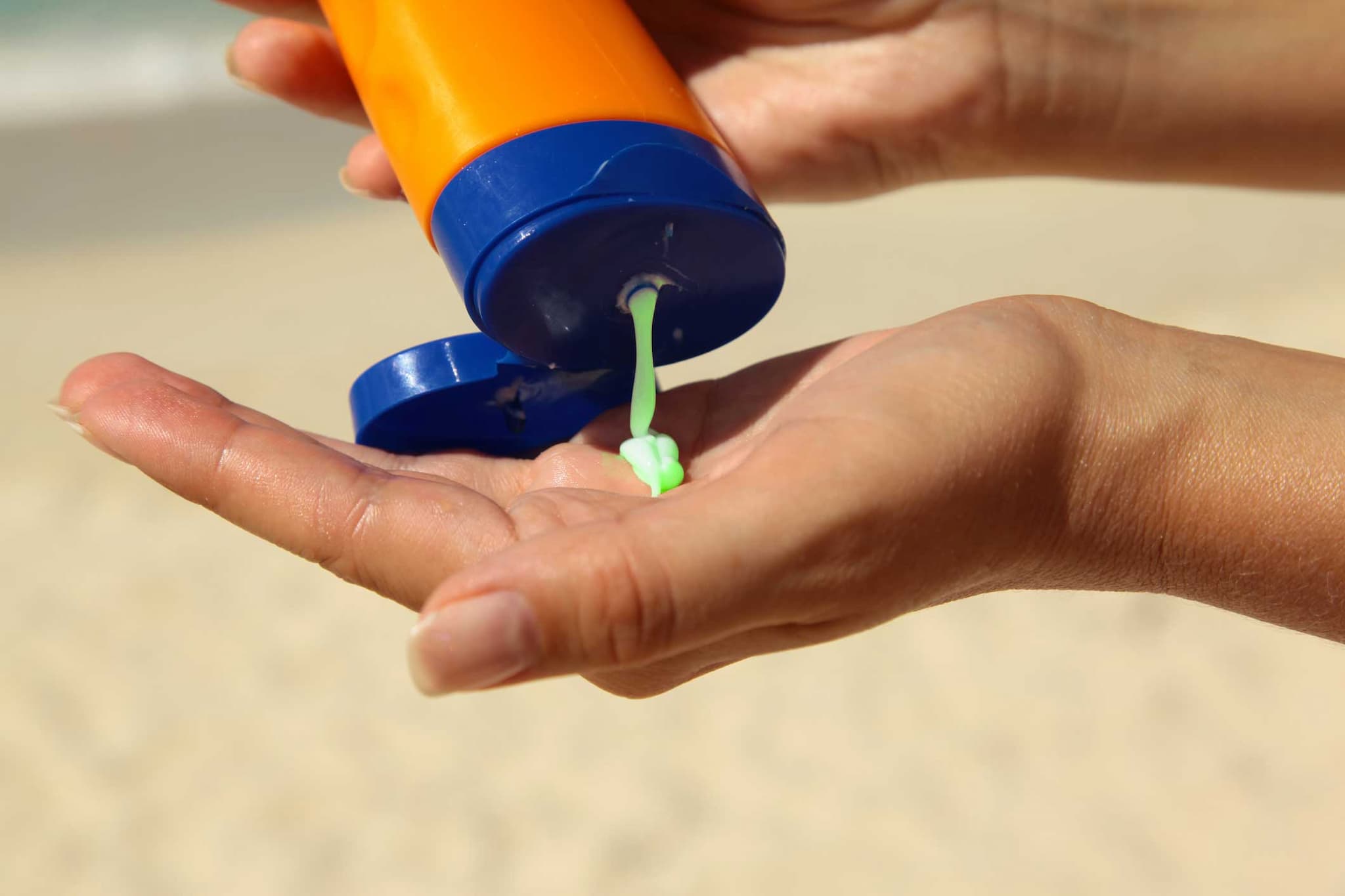Every summer, doctors all over the world warn us about the importance of putting sunscreen before going to the beach. Ideally, we should reapply it every few hours, particularly after swimming. While sunscreen protects us from painful burns and in the long run from skin cancer too, there is a dark side to this essential of every vacation bag. It's really bad for marine life.
In particular, two chemicals that are commonly used to filter UV rays, oxybenzone and octinoxate, pose a threat to coral reefs and are believed to cause serious skin allergies in sensitive subjects.
As people let the waves wash over their skin, up to 14,000 tonnes of sunscreen are dissolved in the sea every year. The chemicals dispersed in the process contaminate the water and soon reach coral reefs and other fragile ecosystems, the very attraction that draws many to exotic marine locations.
Scientists at the University of Florida set out to offer an alternative to these toxic chemicals, better for the skin and for the environment. They found a way of scaling up the production of a UV-absorbing amino acid called shinorine, traditionally extracted from red algae. The problem with this method is that it takes up to a year to grow the algae, and more time to process the chemical.
The scientists, who published their findings in the journal ACS Synthetic Biology, devised a much faster method, using a strain of the fast-growing freshwater cyanobacteria called Synechocystis as a host cell. They then synthesized shinorine from a filamentous cyanobacterium known as Fischerella that produces it naturally.
By inserting these genes into Synechocystis, the team was able to produce 2.37 milligrams of shinorine per gram of cyanobacteria in only two weeks. The researchers also tested shinorine's qualities, confirming that it was capable of protecting cells from UV rays.
The new methodology could have a variety of applications, including using the genes of cyanobacteria to create new drugs. The team behind the research is now attempting to commercialize the method. While regulators in the U.S. have traditionally taken a while to approve substances that are used in other parts of the world, the fact that shinorine not new and is already used in other cosmetic products could speed up the process.
Share This Article
